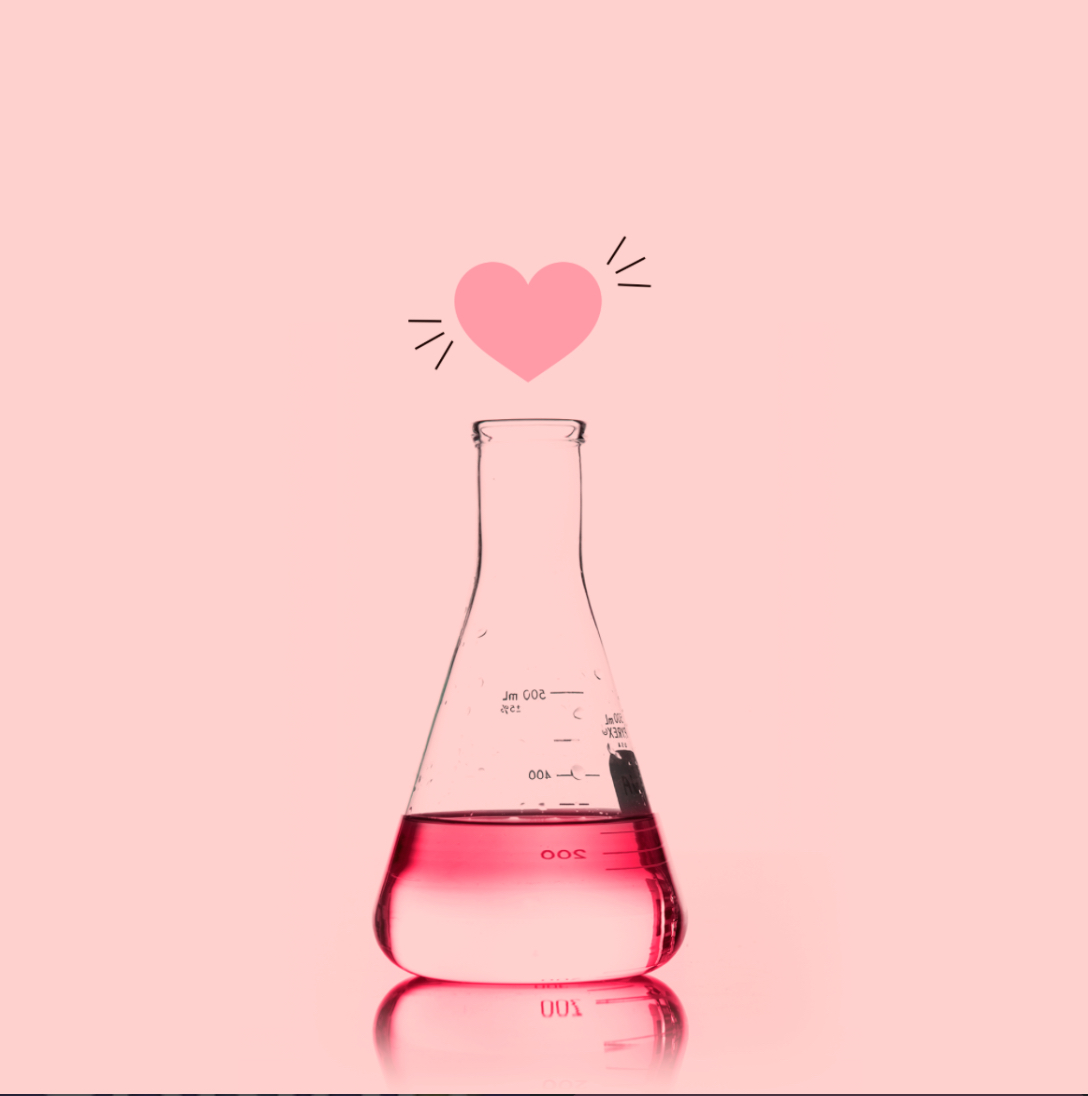Have you ever felt “butterflies” in your stomach when you have seen someone you liked? As humans we have a natural instinct to fall in love or to like someone. When you experience the feeling of romantic love, your brain and body undertake neural and chemical changes that reflect the emotions you are feeling. Those “butterflies” are actually one of the many ways your body reacts to the way you feel.
When feeling the stress of love, your body releases high levels of Dopamine, Norepinephrine, and Oxytocin. Most of the hormones released are also the same ones your body produces when you are faced with danger.
Dopamine is commonly called the “happy hormone” and is also a neurotransmitter that is made in the ventral tegmental area of our brains. It acts in particular areas of the brain to give the feelings of pleasure, motivation, satisfaction, and happiness by attaching to specific membrane receptors shown by neurons found in the body’s central nervous system, which is made up of our brain and spinal cord. This system carries signals and messages between the brain and the nerves that run all throughout our body to provide other parts of our body with the same feelings.
Additionally, our bodies naturally produce/release norepinephrine, also known as noradrenaline, which plays a valuable role in our “fight or flight” response. Phenylethylamine, also a neurotransmitter that works in the central nervous system, is produced at the early stages of attraction and triggers the release of norepinephrine mainly in times of attraction.
This overall helps the body respond to the Dopamine and additional stress the body is facing. The combination of the Dopamine and Norepinephrine make us energetic and feel a sense of euphoria, as well as sometimes leaving us with a decreased appetite and trouble sleeping.
Certain hormones and neurotransmitters need to build up over time for men and women to fall in love. Men are seen to need more dopamine and vasopressin, whereas women need more dopamine and oxytocin. Oxytocin affects men differently than women. When men like someone, but are not yet in love, their bodies are producing higher levels of testosterone which results in the bonding effects of oxytocin being blocked.
However, women produce more Oxytocin because this is the vital hormone to induce labor and delivery. Oxytocin can also be released through yoga, meditation, and other exercises that help you feel relaxed and less stressed, which is why these exercises are encouraged for pregnant women.
These reactions might seem strange but they are completely natural and our bodies way of telling us we are in love.






























